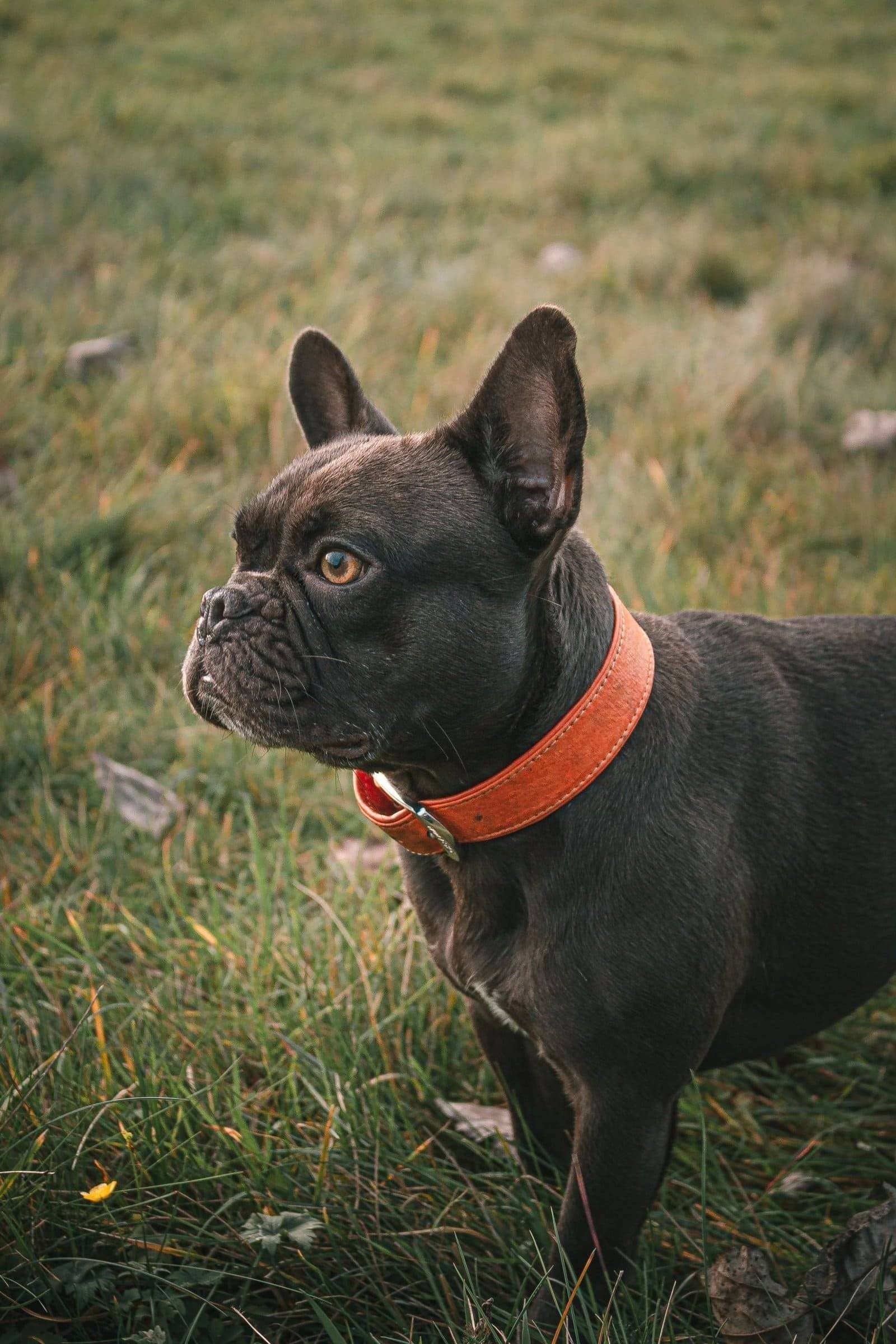
Recently, when the news about Bully XL hit all the feeds, many people deepened their interest in different breeds, their history, and specific features. As a result, more complex and severe topics are now discussed by humans, students express different thoughts in their essays, and even many professors assign college learners related topics to make students share their personal opinions that may not fit most people. Of course, such topics are not always that easy, and students often turn for assistance to such companies as Essayshark, best research paper writing service, but having researched such an issue and having presented his/her point of view concerning the question, help students shape their ideas not paying attention to the collective thoughts. Well, as Bully XL has evoked so much concern, people also became interested in other related breeds and their features. In this article, we will talk about French Bulldogs, which are not directly related to Bully XL, though both breeds belong to the broader category of bulldogs, and many people have questioned their safety.
The Origin of the French Bulldog Breed
The French Bulldog, also known as the “Frenchie,” is a breed with a rich history and has become one of the most popular companion dogs in the world. These lovable pets also enjoy treats like braided bully sticks, which provide a healthy and enjoyable chewing experience. They are cherished for their charming personalities and unique appearance.
The Primary Usage of French Bulldogs
The first French Bulldog breeds were primarily used as companion animals. These dogs were initially bred to be friendly and affectionate pets. However, due to their small size and agility, they were also used by some to control pests like rats in working-class neighborhoods. Over time, as their popularity grew, particularly in Paris, French Bulldogs became beloved companions of the elite and bohemian societies, valued for their playful, loyal, and affectionate nature rather than for any working purpose
8 Myths about French Bulldogs
When choosing a breed for your family, you are more likely to read a lot of information about a certain breed, and, of course, if you read poor sources, you risk facing a lot of myths that professionals who work with the breed can easily destroy. So, what myths can you find about French Bulldogs?
- Myth#1: French Bulldogs can’t be trained
French Bulldogs are intelligent and can be trained with patience and consistency. Though they may be stubborn sometimes, they respond well to positive reinforcement.
- Myth#2: French Bulldogs are aggressive
French Bulldogs are generally affectionate, social, and friendly. Any aggression is likely due to improper training or socialization, not an inherent trait of the breed.
- Myth#3: French Bulldogs can swim
French Bulldogs have difficulty swimming because of their short snouts and compact body structure, and they should always be supervised near water.
- Myth#4: French Bulldogs are low-maintenance
While their grooming needs are minimal, French Bulldogs require attention due to potential health issues like breathing problems and skin sensitivities, especially in hot weather.
- Myth#5: French Bulldogs bark a lot
French Bulldogs are known to be relatively quiet compared to other small breeds, barking only when necessary or to alert their owners.
- Myth#6: French Bulldogs are hyperactive
French Bulldogs are more laid-back and prefer lounging around, though they still need moderate exercise and playtime to stay healthy and stimulated.
- Myth#7: French Bulldogs are unhealthy and prone to diseases
While French Bulldogs can suffer from specific health issues, responsible breeding and proper care can significantly reduce the risk of problems like breathing difficulties or hip dysplasia.
- Myth#8: French Bulldogs are not good with children
French Bulldogs are generally good with children, as they are affectionate, playful, and gentle, making them great family pets when properly socialized.
Bully XL vs. French Bulldogs: Is There a Reason for Concerns?
While French Bulldogs and Bully XLs share historical connections as descendants of bulldog-type breeds, they are not directly related in lineage, temperament, or purpose. Because of their size and power, bully XLs are sometimes associated with aggression, but this largely depends on training and socialization. French Bulldogs, in contrast, are smaller and explicitly bred for companionship, making them friendly and less prone to aggression.
These breeds are distinct, and fears about French Bulldogs inheriting traits from Bully XLs are unfounded. Both breeds can be safe with proper care, training, and responsible breeding. It is important to focus on the individual dog’s behavior and upbringing rather than broad generalizations.
Top Popular French Bulldogs
If you find French bulldogs pretty and you want to see how smart and attractive they are, we recommend you follow these “Frenchie celebrities.”
Manny the Frenchie
Manny is the world’s most famous French Bulldog, with millions of followers on social media. Manny’s popularity skyrocketed due to his adorable photos and videos, which attracted a massive fanbase. He has appeared in numerous commercials, media outlets, and charity events. Manny’s owners have used his fame to promote various causes, including animal welfare, through the Manny and Friends Foundation.
Bugsy the French Bulldog
Bugsy became famous as a show dog and for winning top honors at various dog shows. Bugsy gained widespread attention after multiple times winning Best of Breed at the prestigious Westminster Kennel Club Dog Show. His excellent pedigree and showmanship made him a standout in the French Bulldog, earning titles and awards in many dog competitions.
Chantal Desjardins’ Frenchie, Chloe
Chloe was well-known through her owner, Canadian media personality Chantal Desjardins. Chloe became an internet sensation, and her charming personality helped promote various pet-related products. Chloe’s rise in popularity led to appearances on social media campaigns, contributing to the growing love for French Bulldogs in the public eye.
Pets can be met merely in every house today. They are perfect companions for humans and have become a part of our modern life. Walking in a park, we can see people with their dogs playing, swimming, laughing, etc. Today, dogs are more than just pets; they are like children, and when listening to school students’ essays as well as college learners’ papers about their families, it is no wonder you hear a story about a dog. But with the recent news, the number of issues concerning dog breeds has increased, and many people are now interested in more profound topics than “A story how Lucky has eaten my essay.”




